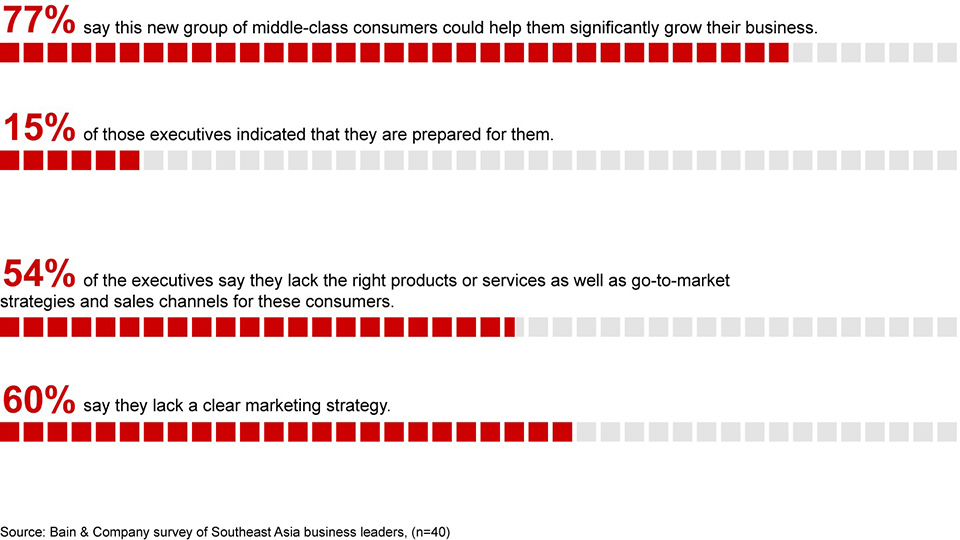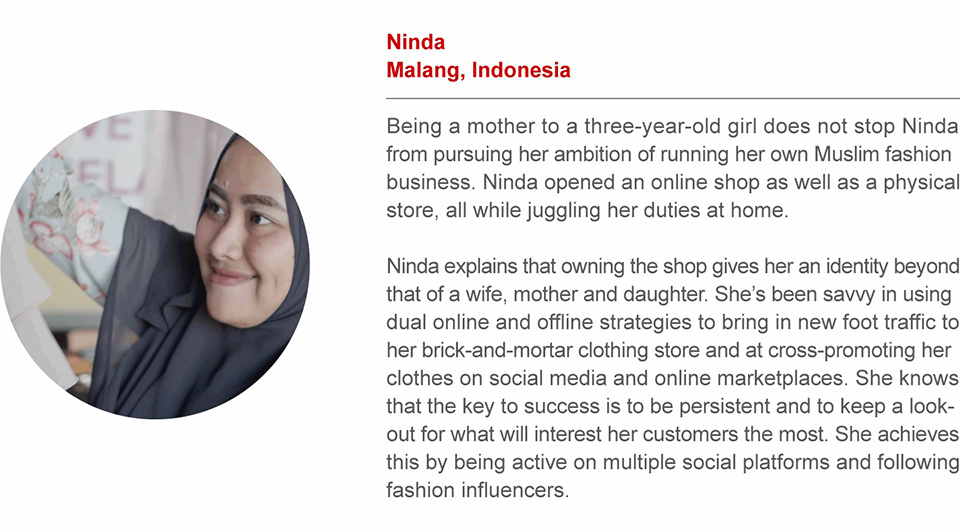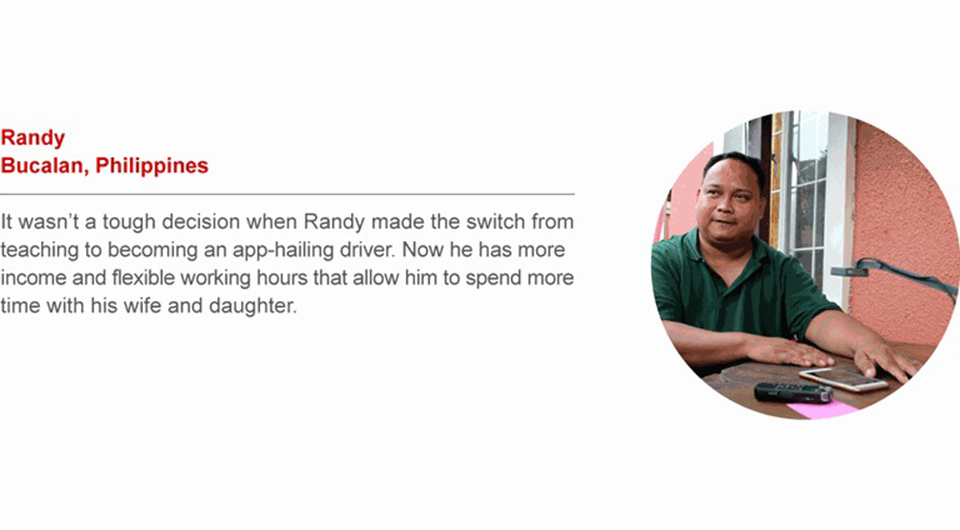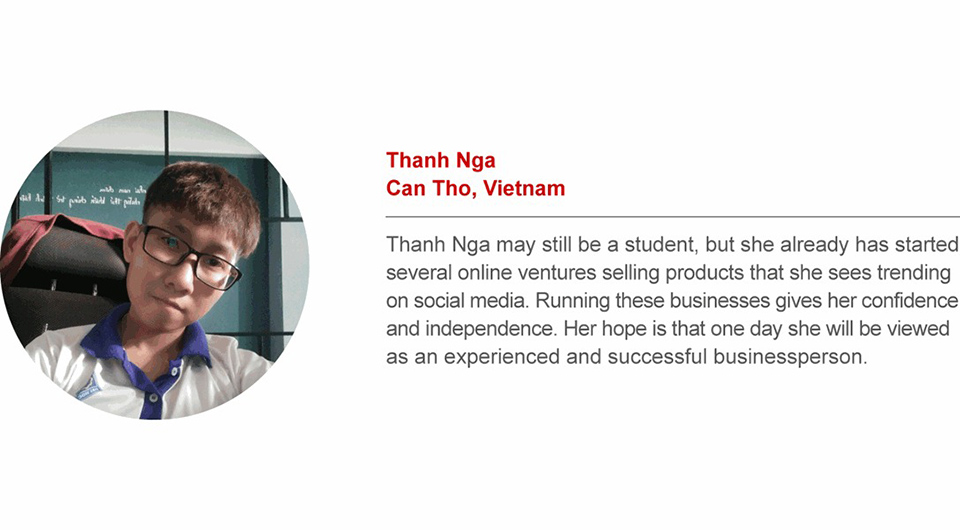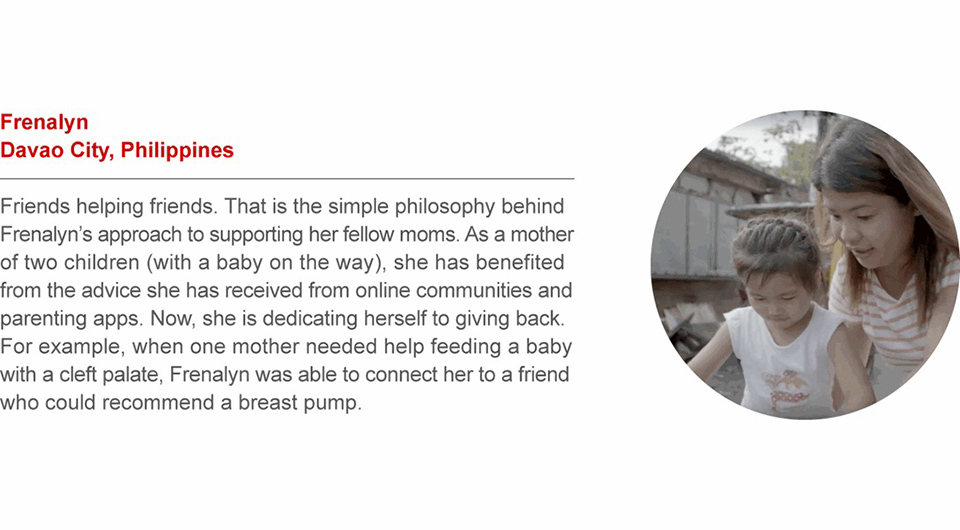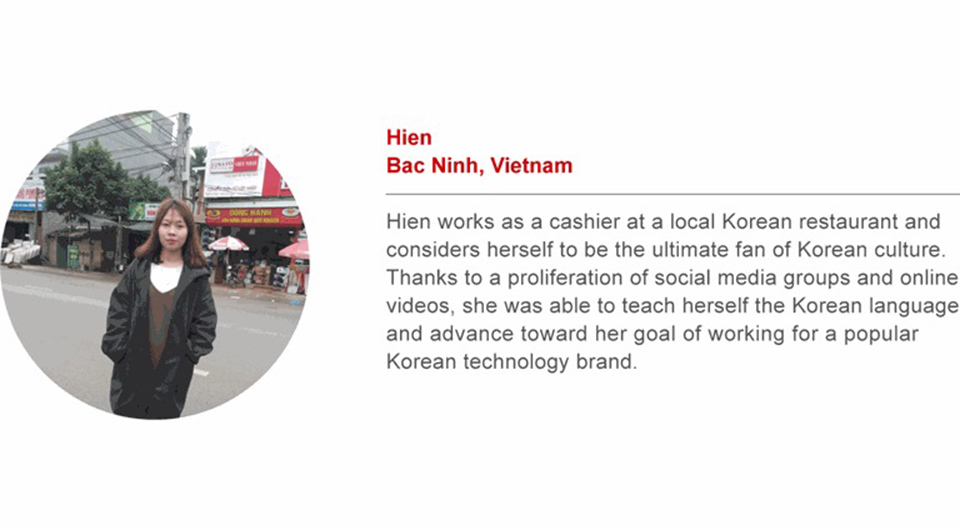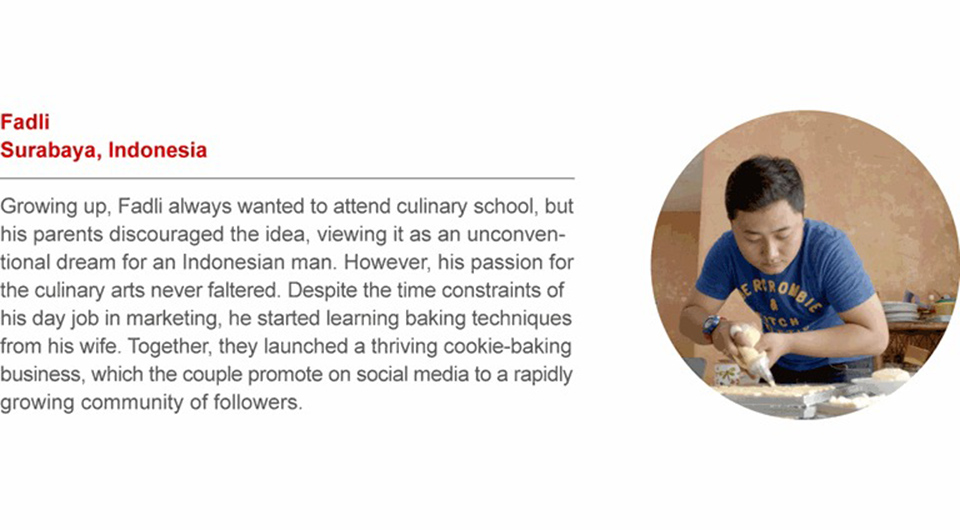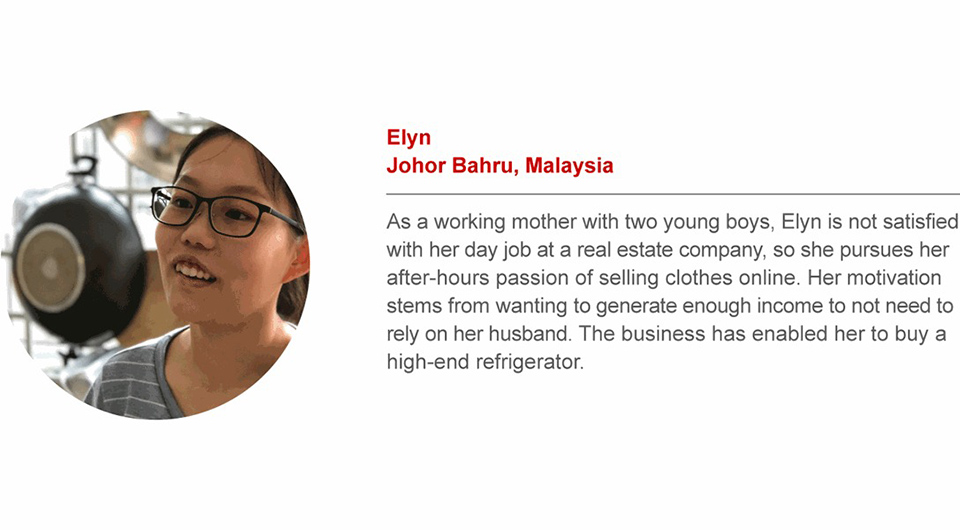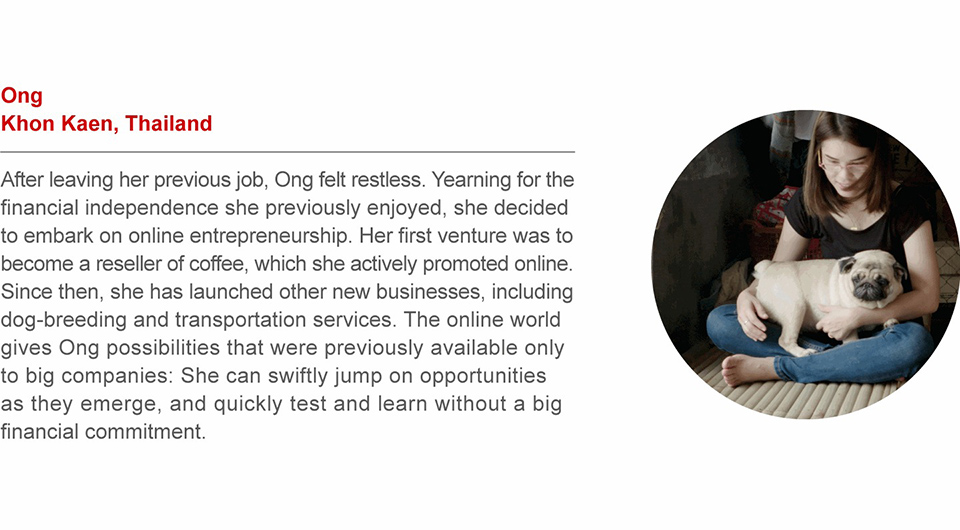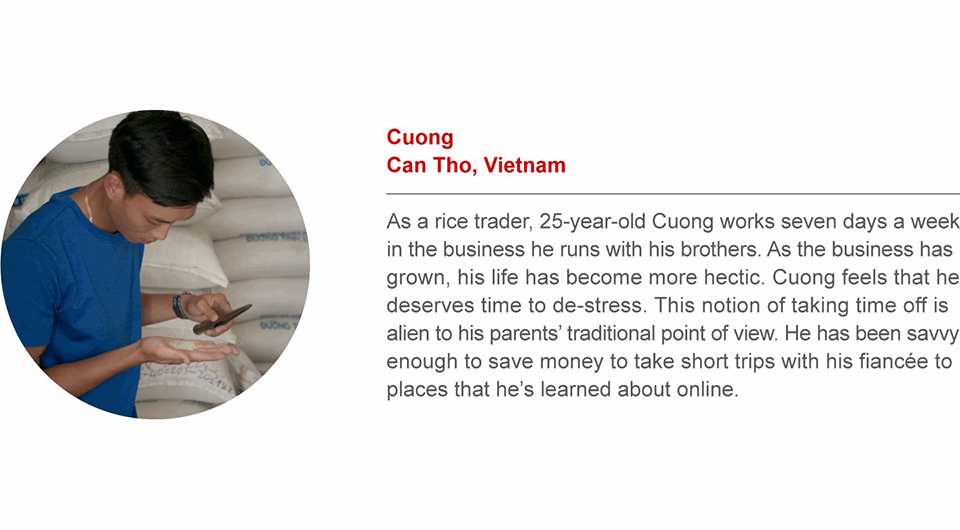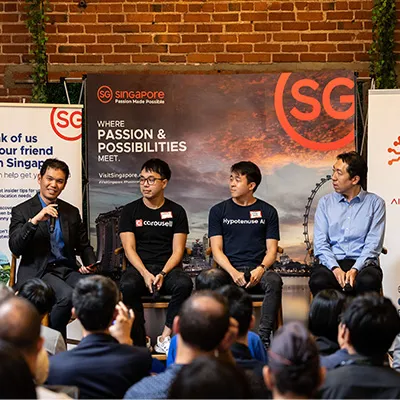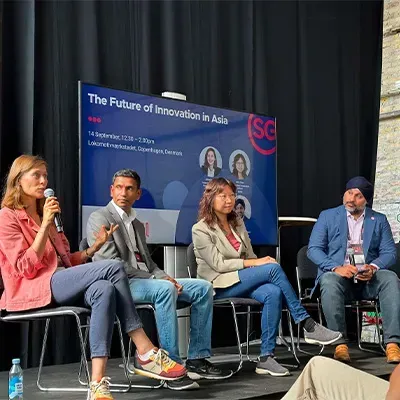This piece was written by Bain & Company in collaboration with Facebook IQ.
Nguyen Thi Mai Linh was forced to drop out of school but now juggles motherhood and a flourishing online cosmetics business from her home in Hai Phong, Vietnam. After putting her young child to bed at night, Nguyen spends another hour responding to messages from her customers, tracking competitors’ products and prices, and keeping up with beauty trends. She says she is proud that she can now afford to buy baby formula and diapers for her child.
In Surabaya, Indonesia, Fadli is living his dream by selling cookies online. In Bucalan, Philippines, Randy left teaching to become an app-hailing driver so that he could boost his income and devote more time to his wife and daughter. In Johor Bahru, Malaysia, a 25- year-old truck driver named Shahan supports his parents and seven siblings back home in his village—but spends his weekends on bike tours with friends he made from online biking communities. In Khon Kaen, Thailand, 35-year-old Ong wanted to be her own boss— so she became an online reseller of coffee and then started a successful dog-breeding business.
Ready or not, a huge middle class is emerging throughout developing Southeast Asia. Fueled by the rising incomes that result from hard work and ambition, 50 million new consumers will join the ranks of the middle class in Indonesia, Malaysia, the Philippines, Thailand and Vietnam by 2022, contributing to the region’s $300 billion middle-class disposable income. The middle class will expand to include 350 million people and continue on its upward trajectory. It is propelled by greater access to the flourishing digital economy and a view of the broader online world outside their visible community, and by the lasting positive effect that happens when people move out of poverty and watch their community of neighbors, family and friends achieve their dreams— and see the possibilities for themselves. Also contributing to this expansion of the middle class are various ASEAN pacts aimed at regional economic integration.
To understand the evolving opportunities and the impact this phenomenon will have on companies, we spoke with 40 business leaders across industries throughout the region. While 77% say this new group of middle-class consumers could help them significantly grow their business, only 15% of those executives indicated that they are fully prepared for them. More than half of the executives say they lack the right products or services, as well as go-to-market strategies and sales channels for these consumers. Fully 60% say they lack a clear marketing strategy (see Figure 1).
